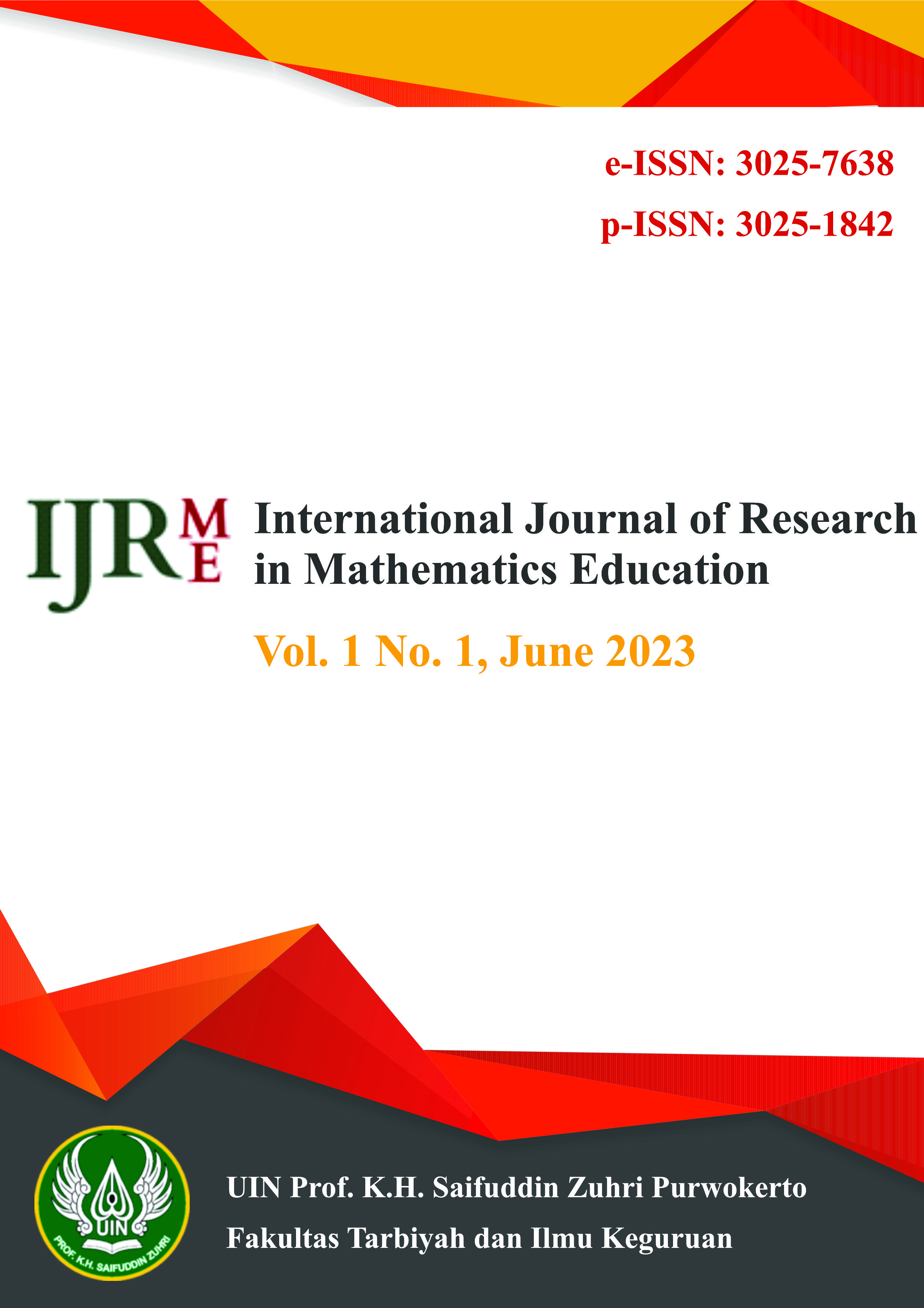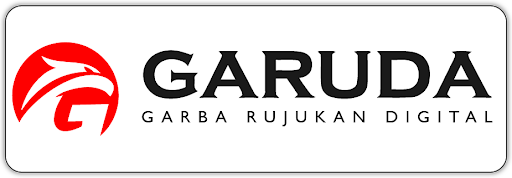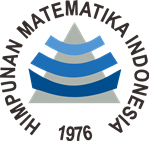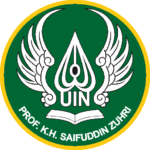The Effectiveness Of Problem Based Learning Model Base On Open-Ended To Improve Mathematical Creative Thinking Skills
DOI:
https://doi.org/10.24090/ijrme.v1i1.8558Keywords:
Problem Based Learning model;, Open-Ended Approach;, Mathematical Creative Thinking Ability;Abstract
Abstract: The ability to think mathematically creative students is very important in mathematics teaching. students' mathematical creative thinking ability is still relatively low can be seen from various factors. This study aims to find out how the implementation of Problem Based learning model based on open-ended to improve students' mathematical creative thinking skills, and to determine the effectiveness of open-ended based Problem Based learning model based on open-ended to improve students' mathematical creative thinking skills. This type of research is quantitative research with experimental methods. The population in this study were all grade VIII MTs N 1 Purbalingga students. The sample of this research is students of grades VIII G and VIII H with sampling techniques using Convenience Sampling. The instruments used in this study were pretest and posstes description questions with data analysis using the T-test. Based on the research that has been done, it can be concluded that the implementation of the based learning model based on open-ended is done very well, with an observer score of 3.46. From the results of data analysis, namely the T-test, it can be seen that the based problem-based learning model based on open-ended is effective for improving students' mathematical creative thinking skills, it can be seen from the significance value of 0.006 < 0.05, then H0 is rejected and H1 is accepted, which means that the problem based learning model based on open-ended effective to improve students' mathematical creative thinking skillsReferences
Arikunto S, 2002. Prosedur Penelitian Suatu Pendekatan Praktek. (Jakarta: PT Asdi mahasatya, 2002).
Creswell, J W. 2012 Educational Research Planning, Conducting and Evaluating Quantitative and Qualitative Reaserch, keempat. (Nebraska: Pearson).
Fahrurrozi and Hamdi, S. 2017. Mathematics Learning Methods. (East Lombok : Hamzanwadi University Press).
Hendriana H, Rohaeti E E, and Sumarmo U. 2017. Hard Skills and Soft Skills of Mathematics of Students. (Bandung : Refika Aditama ).
Hidayat, R and Abdillah. 2019. Educational Science Concepts, Theories and Applications. (Medan: Lembaga Peduli Pengembangan Pendidikan Indonesia (LPPPI)).
Juanda, R. 2017. Pengaruh Model Pembelajaran Berbasis Masalah Terhadap Hasil Belajar Matematika Siswa Kelas V SD N Gugus Wijayakusuma Ngaliyan Semarang. (Semarang : Univeritas Negeri Semarang).
Kariandinata R, Abdurahman, M. 2015 . Fundamentals of Educational Statistics. (Bandung : CV Pustaka Setia).
Krestiwi, K. 2017. The influence of problem-based learning models in cultivating metacognisis and improving students' mathematical creative thinking skills in grade VII Mts N Jakarta, Journal of Mathematics Education. Vol. 5, N0.3.
Lumbantobing F. 2018. "The Effect of the Problem-Based Learning Model on the Mathematical Problem Solving Ability of Class VIII Students of Mts Private Islamiyah Urung Pane Kecamatan Setia Janji Kebupaten Asahan T.P 2017-2018". (Medan : UIN North Sumatra Medan).
Nurdyansyah, and Fahyuni, E F. 2016. Learning Model Innovation According to the 2013 Curriculum. (Sidoarjo : Nizama Learning Center)
Nurlaela L, Ismayati E. 2015. Creative Thinking Strategies. (Yogyakarta : Ombak Publisher (Member of IKAPI)).
Nuryadi, Astuti, T D, et al. 2017. Basics of Research Statistics, ( Yogyakarta : Gramasurya).
Ridho, M. 2006. Independent Integrated Evaluation and Junior High School Mathematics Recreation. (Jakarta : PT Grasindo).
Sani, R A. 2014. Inovasi Pembelajaran. (Jakarta : PT Bumi Aksara).
Sofyan, H, Wagiran, et al. 2017. Problem Based Learning in the 2013 curriculum. (Yogyakarta : UNY Press).
Sugiyono. 2020. Quantitative, Qualitative and R&D Research Methods. (Bandung: ALFABETA).
Umar, A and Ahmad, N Q. 2019. Analysis of Mathematical Creative Thinking Ability of Mathematics Teacher Candidates, Journal of As-Salam, Vol. 3, No. 1.
Wahyudi, Ni Nyoman Sri Putu Verawati, Syahrial Ayub, 2018. Inquiry Creative Process A study of learning models to develop critical thinking skills. (Lombok : Duta Pustaka Ilmu).
Wijayanti R, Rizal N, et al. 2021. Quantitative Research Methods. (East Java : Widya Gama Press).
Zulkifli N Z. 2015. Qualitative and quantitative research methodologies. (Yogyakarta : CV Budi Utama).
Downloads
Published
How to Cite
Issue
Section
License
Copyright (c) 2023 Baetul 'Iza

This work is licensed under a Creative Commons Attribution-ShareAlike 4.0 International License.
Authors who publish with this journal agree to the following terms:
Authors retain copyright and grant the journal right of first publication with the work simultaneously licensed under a Creative CommonsAttribution-ShareAlike License that allows others to share the work with an acknowledgment of the work's authorship and initial publication in this journal.
Authors are able to enter into separate, additional contractual arrangements for the non-exclusive distribution of the journal's published version of the work (e.g., post it to an institutional repository or publish it in a book), with an acknowledgment of its initial publication in this journal.
Authors are permitted and encouraged to post their work online (e.g., in institutional repositories or on their website) prior to and during the submission process, as it can lead to productive exchanges, as well as earlier and greater citation of published work (See The Effect of Open Access).













